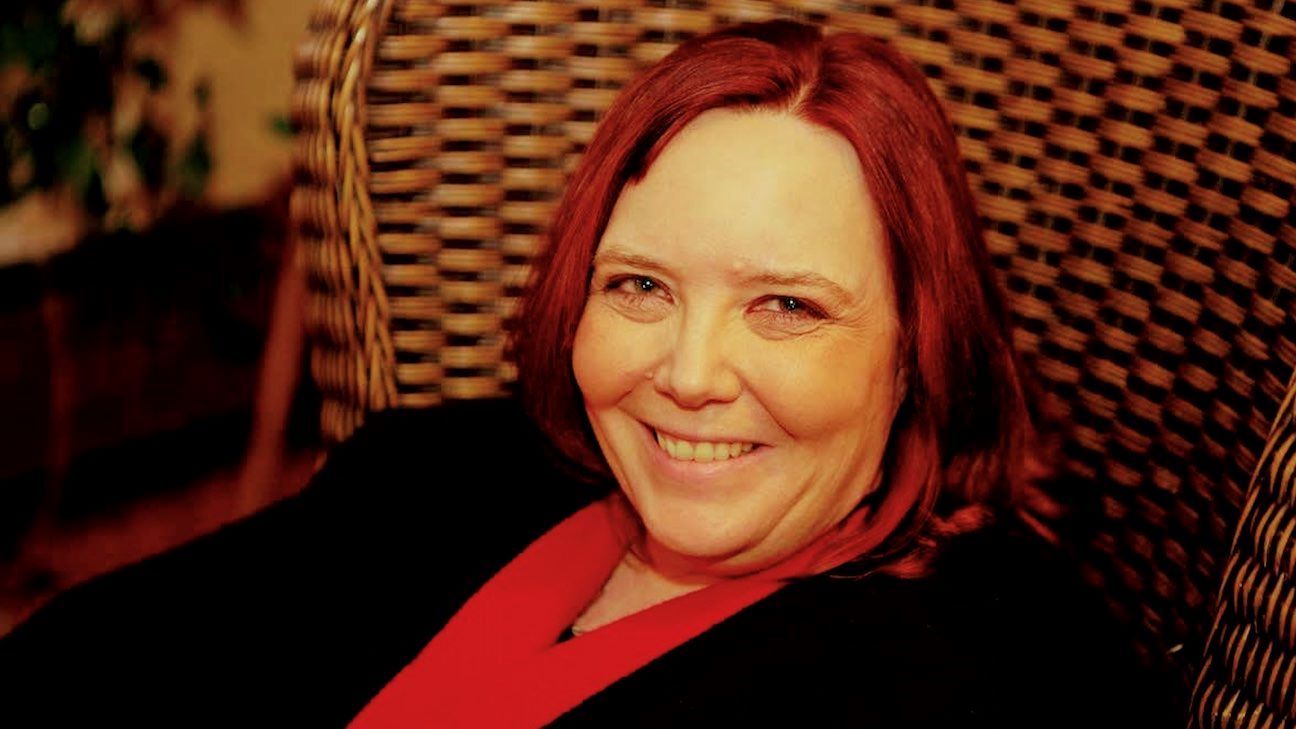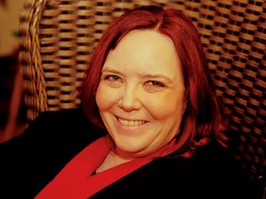“it was sad. it was awful, honestly, because i dropped out of school and had to move back home,” she says. her family doctor referred her to nearby markham stouffville hospital for an mri brain scan, so she was waiting for the scan for further investigation. her parents both work in healthcare. her mom is a nurse and her dad is a paramedic, which came in handy to help understand how to access care and live with a chronic condition.
back at home, she had what she now assumed was a seizure in her night-time sleep. she woke her parents up and her dad stayed awake while she fell back asleep on the couch watching tv. in the morning, she was feeling a bit off and then it happened: she had a seizure in the day right in front of them at home, just a few hours after her night episode. “that was the first witnessed seizure that i’d had,” she says. “my dad took over and put me on my side, did all of that. and my mom got on the phone and called 9-1-1 because it was two seizures within about four hours. so they said, ‘hey, we should get this checked out.’”
at the hospital, the on-call neurologist diagnosed her with epilepsy and started her on anti-seizure medications. she stayed in hospital for a few days for monitoring. “it was just a few days before my 20th birthday, and i was thinking this is an awful way to start my 20s. then i lost my driver’s licence. i lost literally everything.” in ontario, like many regions across the country, your driver’s licence is suspended if you have a seizure disorder that may make it dangerous to drive.
 8 minute read
8 minute read










